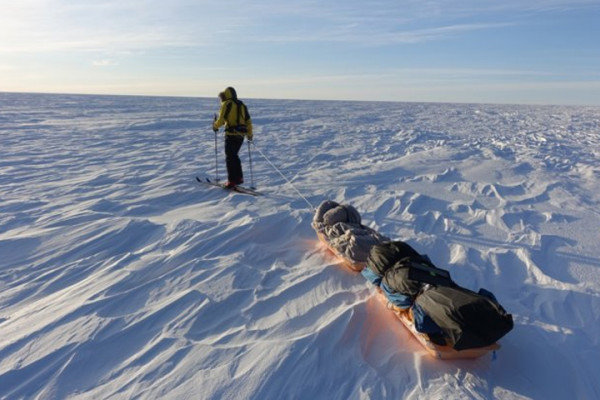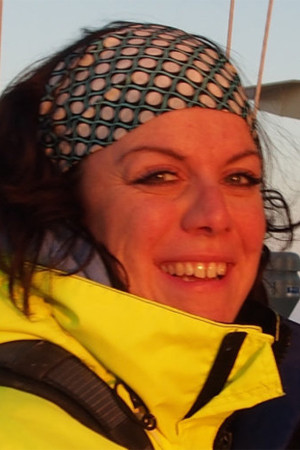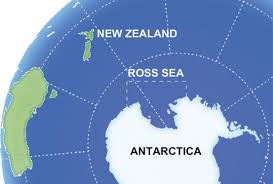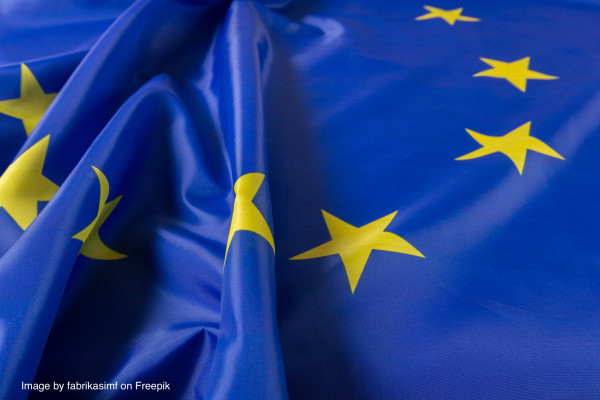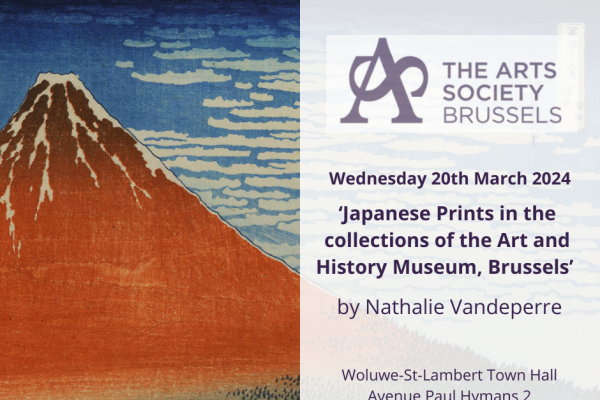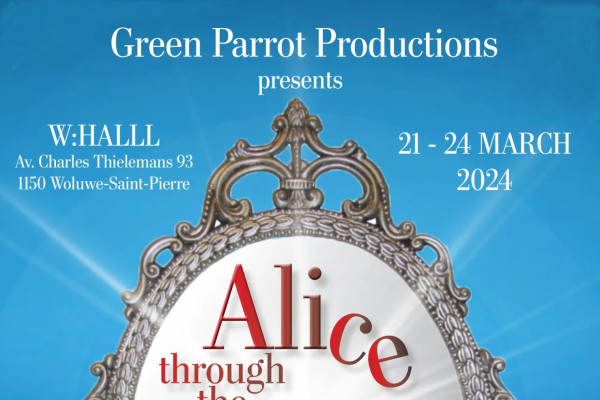In 2017, Célia and her colleagues from the Laboratoire de Glaciologie, spent 3 months visiting the Ross Sea and Antarctica in the middle of the southern winter. She will tell us about this voyage and show some of the fabulous images she was able to take along the way while carrying out her research.
While the atmospheric concentrations of greenhouse gases are drastically increasing because of human activity, the Polar Regions, especially the Arctic, are warming at an unprecedented pace. This phenomenon is well known to involve an important melting of the ice sheets that causes sea level rise, but the role of ice (glaciers, sea ice and permafrost) melting on the greenhouse effect is to date poorly understood.
Célia J. Sapart is a climatologist and glaciologist born in 1982 in a small village of the swiss mountains. During her studies, she travelled to France, Alaska and the famous Climate Center of the University of East Anglia, Norwich, United Kingdom. Then, she carried out a PhD at the University of Utrecht in the Netherlands that she defended in 2012. Since 2013, she works as researcher at the Laboratoire de glaciologie of the Université Libre de Bruxelles (ULB).
Over the last decade, Célia has focused her research on the natural sources of methane, a strong greenhouse gas. She has explored Greenland, crossed the Arctic Ocean and sailed to the Ross Sea in Antarctica to understand the mechanisms emitting methane when ice is melting. This research is of key importance to predict how the natural sources of methane will respond to climate change and thus how the climate of the Earth will evolve in the future. Célia has published her results in several international scientific journals such as Nature.
Note: Content and images not intended for copyright infringement.
